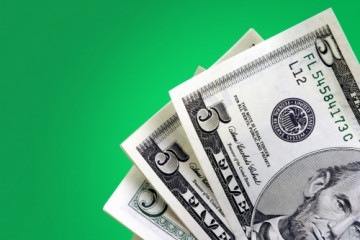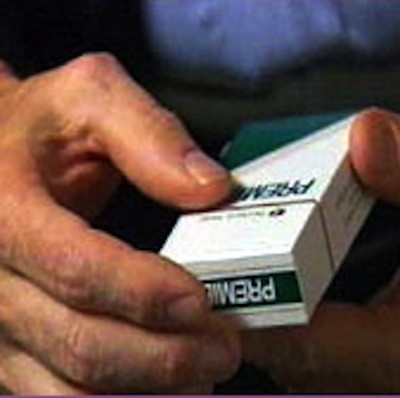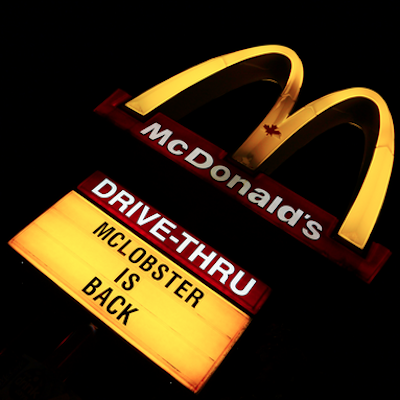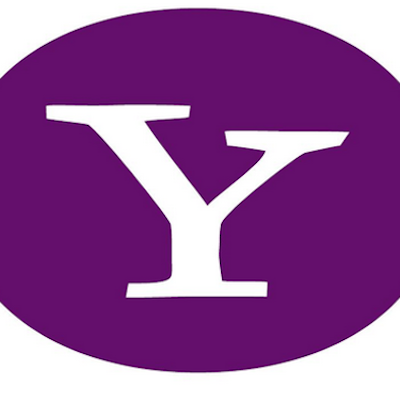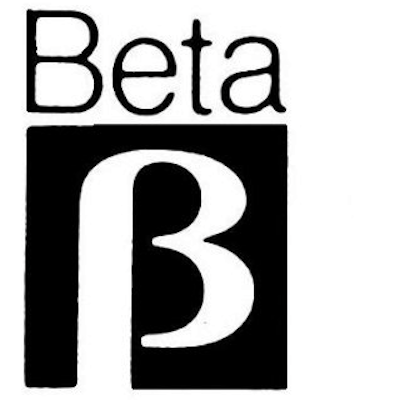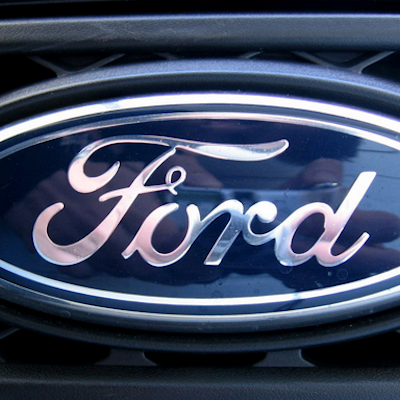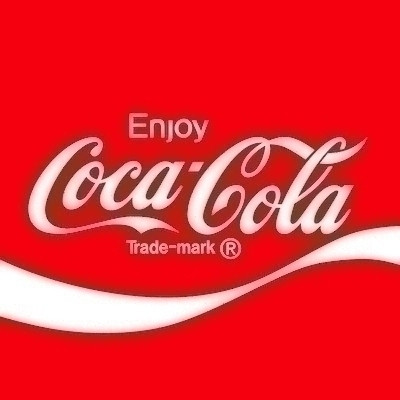Friday Financial Five – February 28th, 2014
Friday, February 28, 2014
Finding savings in health care
A few years ago, the thought of saving on health care expenses did not seem feasible. Now, with a little bit of digging, consumers might be able to actually reduce health related costs from one year to the next. There is a shift to higher deductible plans, including pre-tax contributions to Health Savings Accounts, and lower monthly premium payments. On top of this, the Wall Street Journal has an excellent piece on the push for price transparency for health services provided. Consumers now shoulder more of a responsibility for the cost of their treatment. As with any type of shopping, the buyer needs price transparency in order to make an informed decision. Consumers shopping around can help create competition and push down the price of goods and services. Lower premiums coupled with downward pressure on the cost of services can then lead to yearly savings.
Delays in 401(k) contributions
GET THE LATEST BREAKING NEWS HERE -- SIGN UP FOR GOLOCAL FREE DAILY EBLASTCompanies are attempting to reduce expense by moving 401(k) matching contributions to one time payments and away from coinciding with periodic payroll. This change may cause the employee to miss market growth or miss the match altogether if he or she is not with the company at year end. Employees may be unaware of deferral deadlines, simply expecting that contributions will be deposited within a reasonable time frame. The Department of Labor standard for companies is the 15th business day following the month the money was withheld, though Safe Harbor plans or the company plan documents may have a different standard. As for company matches, the company can wait until filing the corporate tax return. Missing these deadlines may put the 401(k) plan itself at risk.
A government option in reverse mortgages
Mention a reverse mortgage to a senior and you’ll more than likely get some form of the evil eye. The product has long been considered expensive and difficult to fully comprehend. While there are private companies that provide them, there is also a government option through FHA lenders called the Home Equity Conversion Mortgage. For those over the age of 62 with the bulk of their net worth tied up in home equity, the option at least merits consideration, especially for those that would like to continue living in the house.
FDIC insured banks net over $150 billion in 2013
U.S. financial institutions continue to gain strength, according to a recent release from the Federal Deposit Insurance Corporation (FDIC). Last year, income topped $150 billion, including a $40 billion fourth quarter. Overall, loan loss provisions dropped by just over $8 billion as the housing market showed continued strength. There was also a sizeable drop in banks that were unprofitable, continuing the trend of improvement since 2009.
Bitcoin survives a rough week
Things are not exactly going smoothly in the world of Bitcoin. The Mt. Gox Bitcoin exchange in Tokyo collapsed this week, taking an estimated six percent of the virtual currency with it. The reaction so far has been mixed. There are those that see this as a cautionary tale of dabbling in a lightly regulated virtual currency, despite the value holding this week. Others, including some high profile investors, came out publicly saying this is simply the evolution of the trading environment. Meanwhile, regulators from across the globe will attempt to put policies in place to prevent an exchange collapse from happening again.
Dan Forbes is a regular contributor on financial issues. He is a CFP Board Ambassador. He leads the firm Forbes Financial Planning, Inc in Providence, RI and can be reached at [email protected] .
Related Slideshow: 10 Historically Bold Moves Made By Big Companies
Related Articles
- Friday Financial Five – February 7, 2014
- Friday Financial Five—May 17th, 2013
- Friday Financial Five – February 15th, 2013
- Friday Financial Five – March 15th, 2013
- Friday Financial Five – November 9th, 2012
- Friday Financial Five – September 7th, 2012
- Friday Financial Five–August 9th, 2013
- Friday Financial Five–June 7th, 2013
- Friday Financial Five – November 1st, 2013
- Friday Financial Five–October 4th, 2013
- Friday Financial Five
- Friday Financial Five—May 24th, 2013
- Friday Financial Five – February 1st, 2013
- Friday Financial Five – March 1st, 2013
- Friday Financial Five – October 12th, 2012
- Friday Financial Five –December 14th, 2012
- Friday Financial Five–July 12th, 2013
- Global Economy Focus of Bryant Financial Forum
- Friday Financial Five – November 22nd, 2013
- Friday Financial Five–September 13th, 2013
- Friday Financial Five – December 13th, 2013
- Friday Financial Five—April 12th, 2013
- Friday Financial Five—May 31st, 2013
- Friday Financial Five – February 22nd, 2013
- Friday Financial Five – March 22th, 2013
- Friday Financial Five – October 19th, 2012
- Friday Financial Five –December 21st, 2012
- Friday Financial Five–July 19th, 2013
- Introducing: Friday Financial Five
- Friday Financial Five – November 29th, 2013
- Friday Financial Five–September 20th, 2013
- Friday Financial Five – December 20th, 2013
- Friday Financial Five—April 19th, 2013
- Friday Financial Five—May 3rd, 2013
- Friday Financial Five – January 11th, 2013
- Friday Financial Five – March 8th, 2013
- Friday Financial Five – October 26th, 2012
- Friday Financial Five –December 28th , 2012
- Friday Financial Five–July 26th, 2013
- Friday Financial Five – January 17th, 2014
- Friday Financial Five – November 8th, 2013
- Friday Financial Five–September 27th, 2013
- Friday Financial Five – December 27th, 2013
- Friday Financial Five—April 26th, 2013
- Friday Financial Five – August 10th, 2012
- Friday Financial Five – January 18th, 2013
- Friday Financial Five – November 16th, 2012
- Friday Financial Five – October 5th, 2012
- Friday Financial Five –December 7th, 2012
- Friday Financial Five–July 5th, 2013
- Friday Financial Five – January 24th, 2014
- Friday Financial Five–August 30th, 2013
- Friday Financial Five–September 6th, 2013
- Friday Financial Five – December 6th, 2013
- Friday Financial Five—April 5th, 2013
- Friday Financial Five – August 24th, 2012
- Friday Financial Five – January 25th, 2013
- Friday Financial Five – November 23rd, 2012
- Friday Financial Five – September 14th, 2012
- Friday Financial Five–August 16th, 2013
- Friday Financial Five–June 14th, 2013
- Friday Financial Five – January 31st, 2014
- Friday Financial Five–October 11, 2013
- Friday Financial Five – February 14th, 2014
- Friday Financial Five—August 17th, 2012
- Friday Financial Five – August 31st, 2012
- Friday Financial Five – January 4th, 2013
- Friday Financial Five – November 2nd, 2012
- Friday Financial Five – September 21st, 2012
- Friday Financial Five–August 23rd, 2013
- Friday Financial Five–June 21st, 2013
- Friday Financial Five – January 3rd, 2014
- Friday Financial Five–October 18th, 2013
- Friday Financial Five – February 21st, 2014
- Friday Financial Five—May 10th, 2013
- Friday Financial Five – August 3rd, 2012
- Friday Financial Five – July 27th, 2012
- Friday Financial Five – November 30th, 2012
- Friday Financial Five – September 28th, 2012
- Friday Financial Five–August 2nd, 2013
- Friday Financial Five–June 28th, 2013
- Friday Financial Five – November 15th, 2013
- Friday Financial Five–October 25th, 2013


